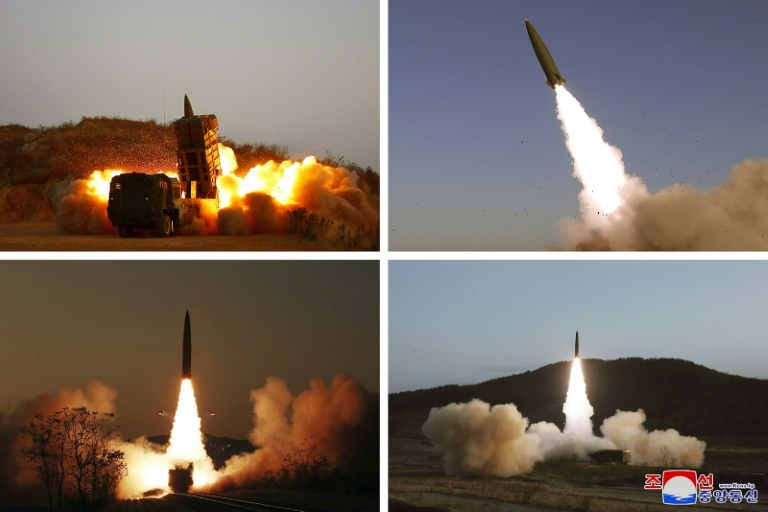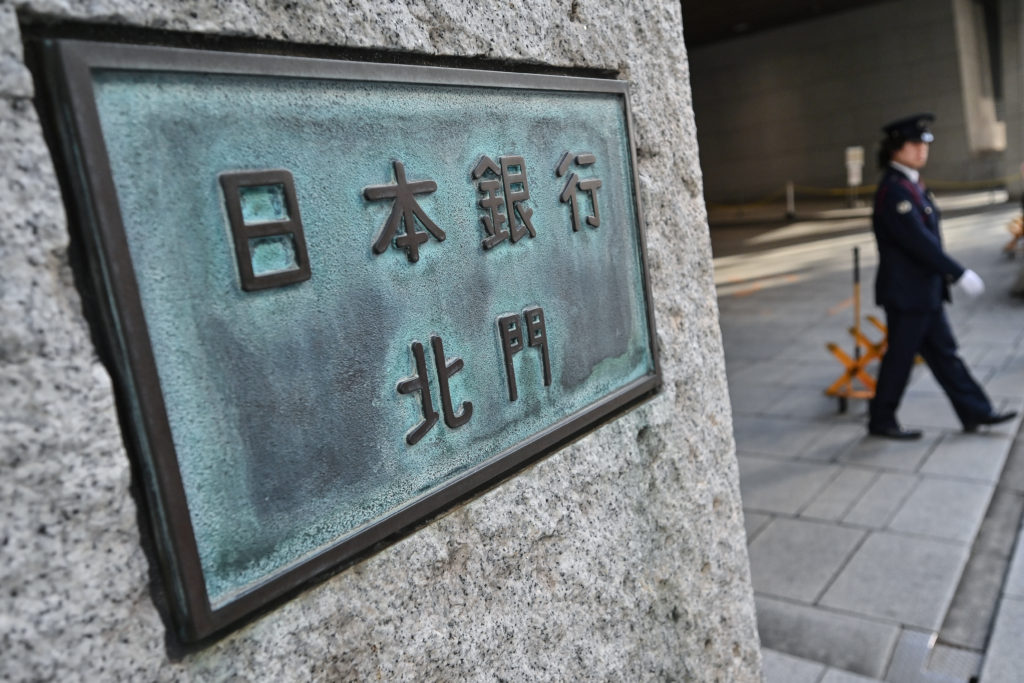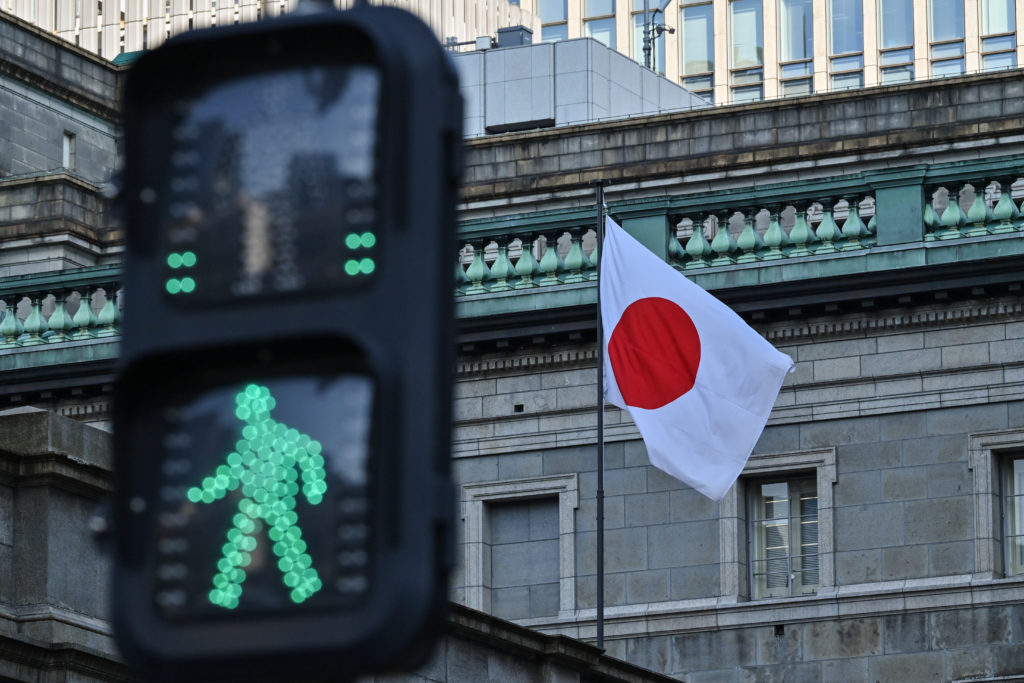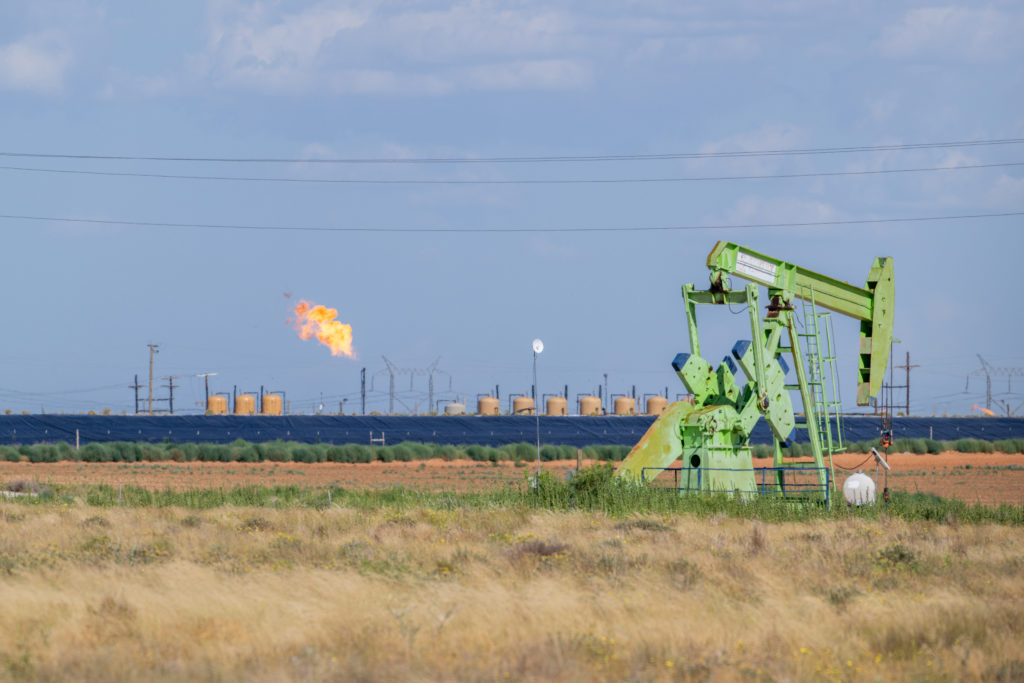The North Korean military says it conducted operations including missile tests in response to US-South Korean joint air drills
The North Korean military said its response to US-South Korean war drills would be “resolute and overwhelming”, state media reported Monday.
The warning came after a spate of North Korean weapons tests last week — including an intercontinental ballistic missile — as the United States and South Korea conducted their biggest-ever air force exercise.
The United States and South Korea have warned that such missile launches could culminate in a nuclear test by North Korea.
The North Korean military, formally known as the Korean People’s Army (KPA), said it was responding to Vigilant Storm — the US-South Korean exercise — describing it as “an open provocation”, according to the official Korean Central News Agency (KCNA).
Vigilant Storm was “aimed at intentionally escalating the tension in the region and a dangerous war drill of very high aggressive nature directly targeting” North Korea, the KPA said.
North Korea will respond to all “anti-DPRK war drills” with “sustained, resolute and overwhelming” measures, it said.
The United States has dismissed criticism of the exercise as North Korean propaganda, saying it posed no threat to other nations.
The KPA said it conducted operations, including the launch of tactical ballistic missiles that simulated attacks on air force bases, and practised shooting down enemy aircraft.
One ballistic missile was launched to test “a special functional warhead paralyzing the operation command system of the enemy”, the KPA said, without providing any further details about that weapon.
The North Korean air force also conducted a “large-scale all-out combat sortie operation”, involving 500 planes, according to KCNA.
That mobilisation prompted South Korea to scramble fighter jets on Friday.
Images of North Korean military operations released on Monday by KCNA showed missiles being fired from various undisclosed locations, including some from mobile launchers.
– Weak air force –
Experts say Pyongyang is particularly sensitive about drills such as Vigilant Storm because its air force is one of the weakest links in its military, lacking high-tech jets and properly trained pilots.
The details of North Korea’s operations last week indicate the importance it places on destroying air bases in the South, said Cheong Seong-chang, a researcher at the Sejong Institute in Seoul.
“North Korea considers it important to strike and neutralise air bases first because their air power is weak,” Cheong told AFP.
Compared with North Korea’s ageing fleet, Vigilant Storm saw some of the most advanced US and South Korean warplanes in action, including F-35 stealth fighters.
The exercise was meant to run from Monday to Friday last week, but Washington and Seoul extended it by a day in response to the flurry of North Korean missile launches.
Two US Air Force B-1Bs — long-range heavy bombers — joined the drills in a show of force.
US-South Korea joint drills have long sparked strong reactions from North Korea, which sees them as rehearsals for an invasion.
Pyongyang has especially condemned past deployments of US strategic weapons such as long-range bombers and aircraft carrier strike groups.
Parts of the KPA statement, including the claim that it could counter the “theory of superiority” of US and South Korean air forces, were domestic propaganda, said Park Won-gon, a professor at the Ewha University in Seoul.
“It is saying that North Korea responded sufficiently against the largest joint drills between Seoul and Washington and that they prevailed.”
South Korea began its annual Taegeuk computer-simulated military exercise on Monday, which aims to improve its ability to respond to various North Korean threats.








